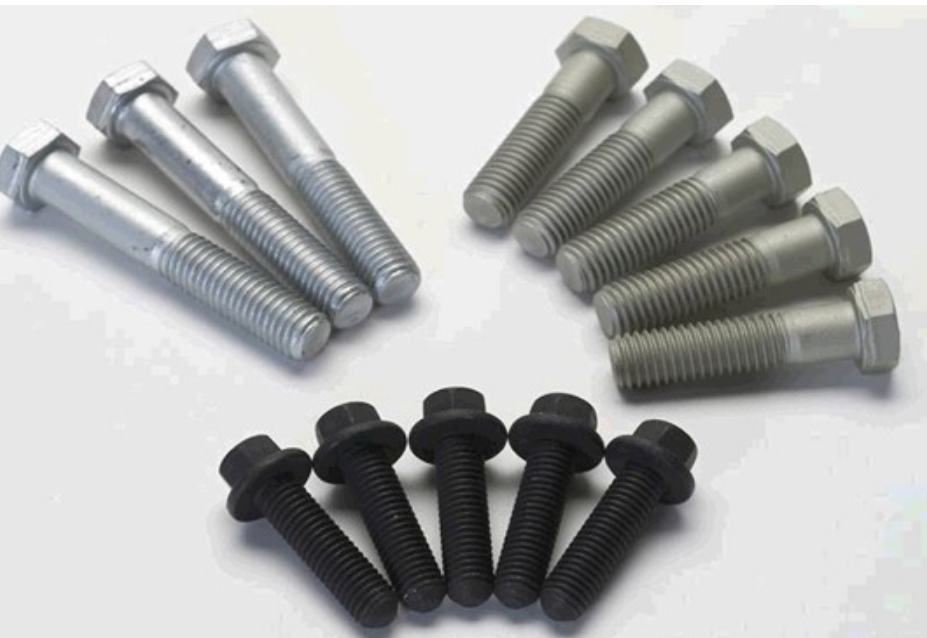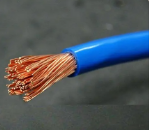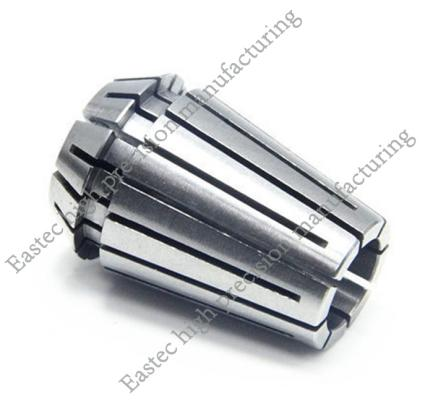
In the field of surface treatment, Jiumite and Dacro are two popular technologies. They both aim to enhance the corrosion resistance, wear resistance, and weather resistance of products, ultimately prolonging their service life. However, these two technologies differ significantly in their treatment processes and application areas. This article delves into the differences and characteristics of these surface treatment processes.
Firstly, let's explore the Dacro technology. Dacro coating, also known as Dacro zinc coating, is a coating system that uses zinc and aluminum as the main components. During the treatment process, it applies a coating to the metal surface using a special coating technique. After baking at high temperatures, it forms a robust protective layer. Dacro coating has high adhesion and corrosion resistance, making it widely used in automotive, construction, petrochemical, and other industries.
In contrast, Jiumite is an organic polymer material that is synthesized through specific techniques. During the treatment process, Jiumite covers the material surface through immersion or spraying, and cures quickly at room temperature to form a protective film. Jiumite coating has excellent weather resistance and adhesion, making it suitable for surface treatment of products in various outdoor environments.
In addition to differences in processing techniques, there are also notable differences in materials and properties between Jiumite and Dacro. The main components of Dacro coating are zinc and aluminum metal salts, which form a protective layer on the metal surface through chemical reactions. On the other hand, Jiumite coating is composed of organic polymer materials that provide physical coverage for protection. Furthermore, Dacro coating has good electrical conductivity, making it suitable for applications that require conductivity. Jiumite coating, on the other hand, has excellent insulation properties, making it suitable for insulation-critical applications.
Additionally, there are some differences in application areas between Jiumite and Dacro. Dacro is widely used in construction and petrochemical industries, especially in applications that require good electrical conductivity. Jiumite, on the other hand, is more commonly used in automotive and aerospace industries, particularly in applications that demand excellent weather resistance and insulation properties.
Despite their unique characteristics in the field of surface treatment, both Jiumite and Dacro aim to improve product durability and protection. With the continuous development of technology, both of these technologies are constantly evolving and improving. In the future, we expect these surface treatment technologies to become more mature and widely adopted, providing longer-lasting and more reliable protection for various products.
In conclusion, Jiumite and Dacro are two leading surface treatment technologies with their own unique advantages and application areas. Understanding their differences and characteristics is crucial for choosing and applying these technologies correctly. As technology continues to advance and application areas expand, both of these technologies will continue to play important roles in creating a better life for mankind.





 Customer service 1
Customer service 1  Customer service 2
Customer service 2